- +91-9484540774
- goodlifepainclinic@gmail.com
- Vadodara, Gujarat - 390015
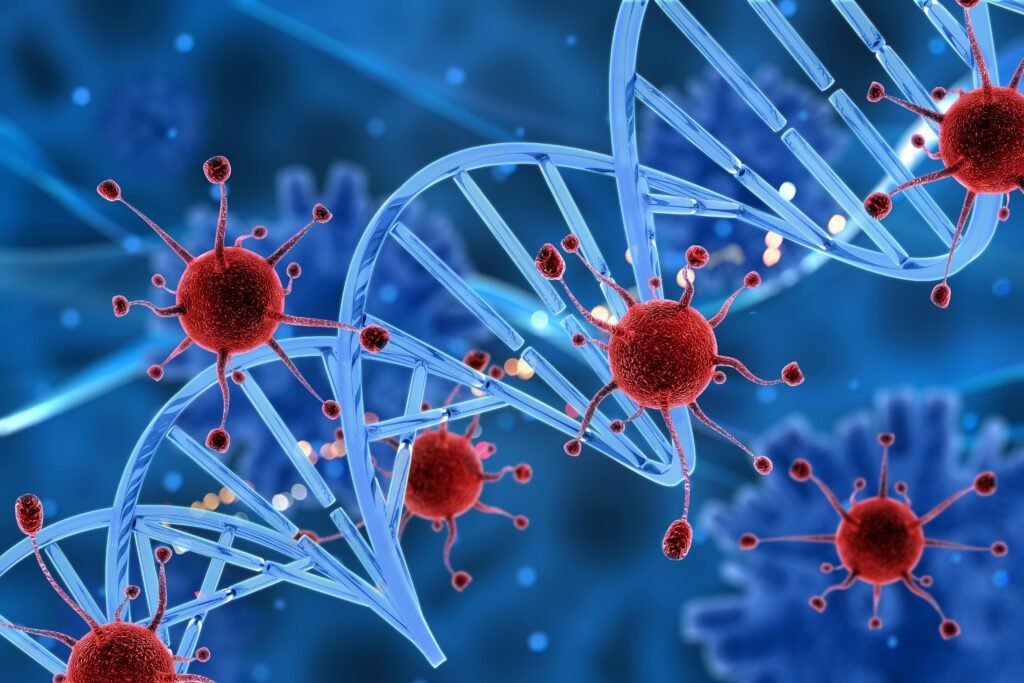
Blood cancer is a type of cancer that affects the production and function of blood cells in the body. It occurs when abnormal blood cells start to grow and multiply uncontrollably, disrupting the body’s ability to function properly. There are three main types of blood cancer: leukemia, lymphoma, and myeloma. While the outlook for blood cancer can vary depending on the specific type and stage of the disease, early detection, and treatment can greatly improve a person’s chances of recovery.

• Age: The risk of most blood cancers increases with age
• Gender: Some blood cancers are more common in men or women • Family history: Having a close relative with blood cancer slightly increases your risk.
• Exposure to radiation or certain chemicals: This includes exposure to high doses of radiation, such as from atomic bombs or certain medical procedures, as well as exposure to certain chemicals, such as benzene.
• Weakened immune system: Conditions that weaken your immune system, such as HIV/AIDS or some medications, can increase your risk of certain blood cancers.
• Maintain a healthy lifestyle: Eating a healthy diet, exercising
regularly, and maintaining a healthy weight can help reduce your risk of many chronic diseases, including cancer.
• Limit exposure to radiation and chemicals: If you work in an environment where you’re exposed to radiation or chemicals, take steps to protect yourself, such as wearing protective gear.
• Avoid smoking: Smoking is a major risk factor for many cancers, including blood cancers.
• See your doctor for regular checkups: Regular checkups can help detect cancer early, when it’s often more treatable.
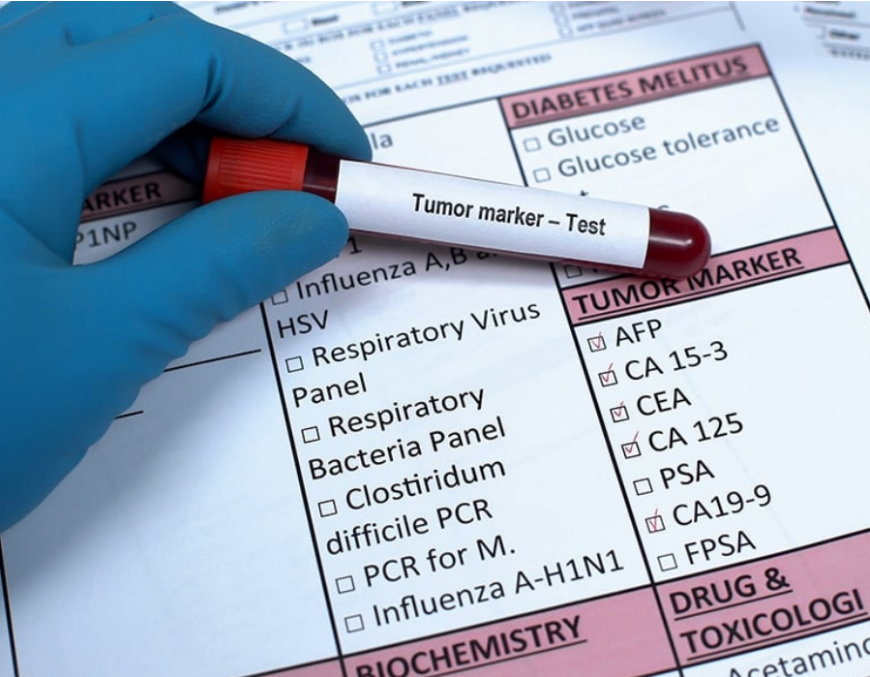
Diagnosing blood cancer typically involves a combination of tests, including:
• Blood tests: These can check for abnormal blood cell counts and other abnormalities.
• Bone marrow biopsy: This involves taking a small sample of bone marrow for examination.
• Imaging tests: These might include X-rays, CT scans, or PET scans to look for enlarged lymph nodes or other abnormalities.

Symptoms of blood cancer can vary depending on the type and stage, but
some common ones include:
• Fatigue
• Fever or chills
• Unexplained weight loss
• Easy bruising or bleeding
• Frequent infections
• Swollen lymph nodes
• Night sweats
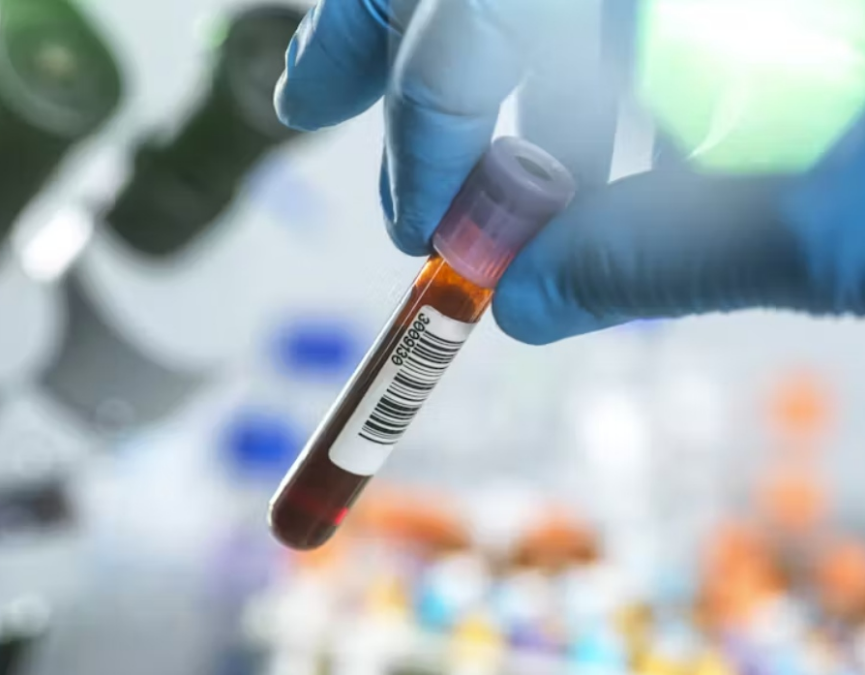
Blood cancer evaluation involves a multi-step process typically led by doctors specializing in hematology or oncology. It aims to accurately identify the type and stage of the disease, which guides treatment decisions. Key steps involved include:
• Detailed medical history: Discussing any symptoms, risk factors, and
family history.
• Physical examination: Checking for relevant signs like enlarged lymph nodes, fatigue, or bruising.
• Blood tests: Examining blood cell counts, looking for anomalies in specific cell types.
• Bone marrow biopsy: Extracting a small sample for analysis of cell types and abnormalities.
• Imaging tests: X-rays, CT scans, or PET scans may be used to visualize areas of concern.
• Additional tests: Depending on the case, specific genetic or molecular tests might be needed.
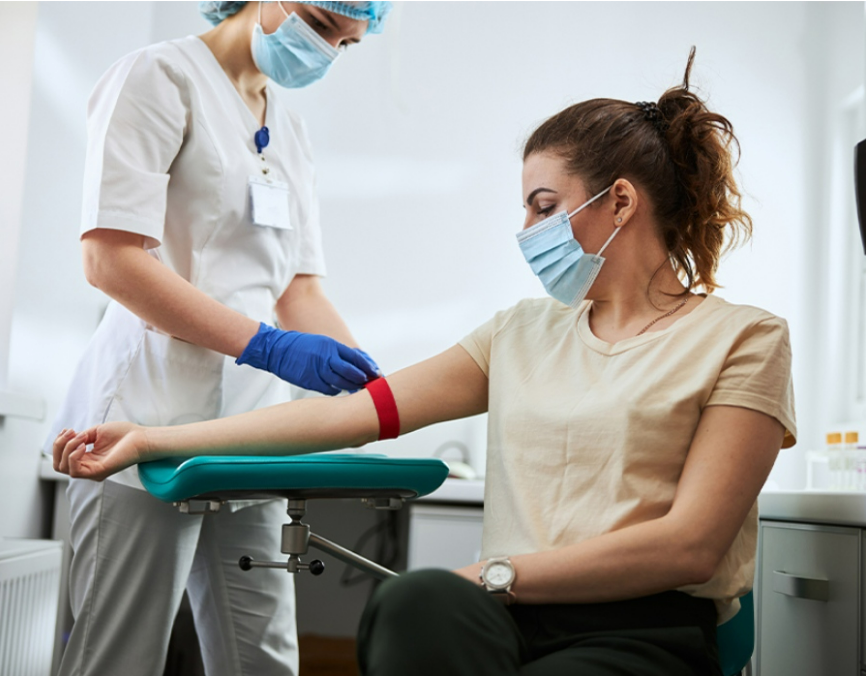
The best and most reliable source of instructions for your blood cancer treatment is your doctor and healthcare team. They have in-depth knowledge of your specific case, including the type and stage of your cancer, your overall health, and your chosen treatment plan. They can provide you with personalized instructions and answer any questions you may have regarding:
• Medication administration: How to take your medications correctly, including dosage, timing, and potential side effects.
• Treatment side effects: What to expect and how to manage them, such as fatigue, nausea, or increased risk of infection.
• Diet and exercise: Dietary modifications or activity restrictions that may be beneficial during treatment.
• Monitoring and follow-up appointments: Regular checkups and tests to monitor your progress and adjust your treatment if needed.
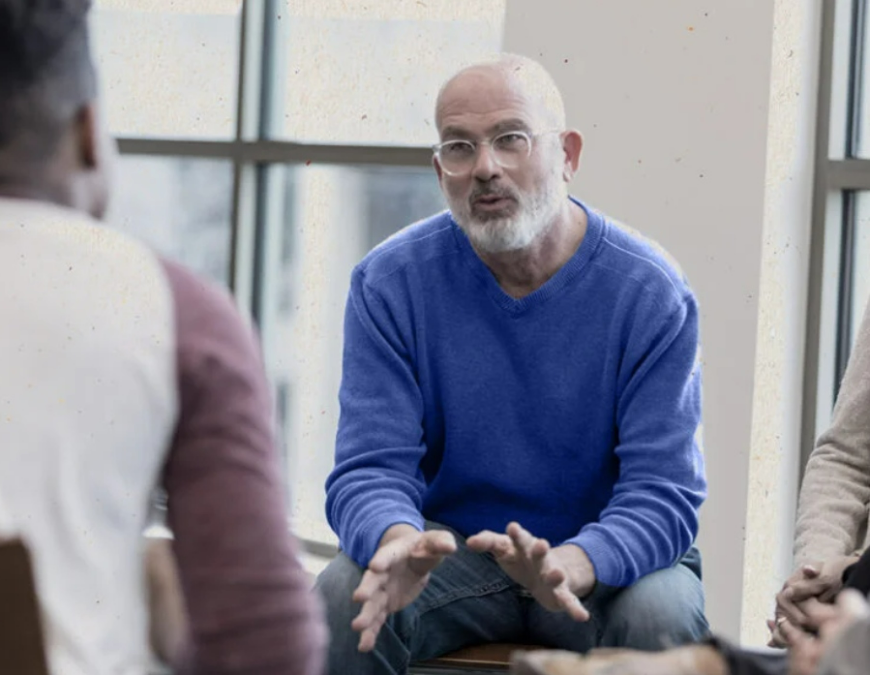
Blood cancer survivors need ongoing support after treatment.
• Physical: Regular checkups, managing side effects, rehabilitation for physical changes.
• Emotional: Support groups, therapy, counseling for anxiety and fear of relapse.
• Practical: Help with returning to work, managing finances, navigating insurance.
• Social: Rebuilding relationships, finding social activities, regaining a sense of normalcy.
• Long-term health: Maintaining healthy lifestyle, regular monitoring, addressing late effects.
Support systems like family, friends, and organizations like the Leukemia & Lymphoma Society are crucial. Remember, survivorship is a journey, not a destination. Seek help whenever needed.
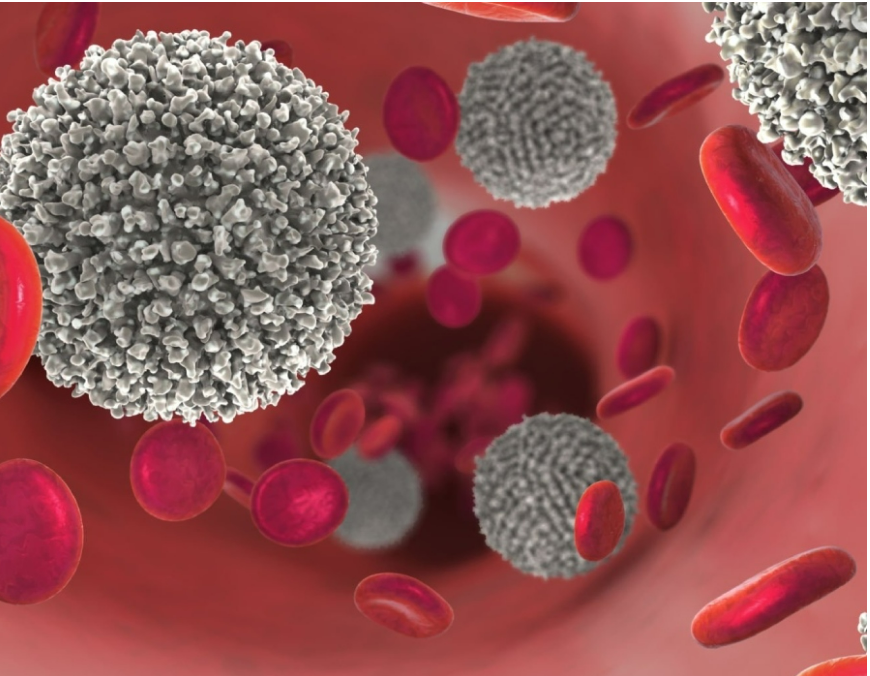
A: Prevention: No guaranteed way, but healthy lifestyle (diet, exercise, weight control) can help reduce risk.
A: Some risk increase with family history, but most cases aren’t directly inherited.
A: Depends on type and stage, early detection improves chances. “Cured” means no evidence for years.
A: May complement treatment, but shouldn’t replace it. Discuss with doctor to avoid harm.
A: Many live fulfilling lives after treatment. Adjustments exist, but support and healthy habits can help you thrive.
Cancer is on a rise. Each year more than 1 crore people lose their lives to cancer. We understand that the quality of life is equally important to the quantity of life. Our treatments always keep the quality of life in focus. This has helped us achieve exceptional patient outcomes.
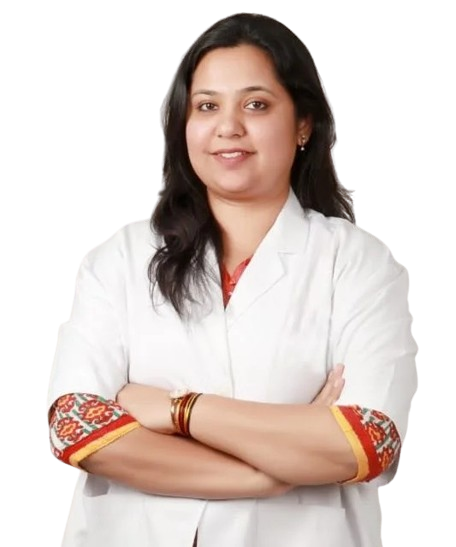
Pain and Palliative Specialist
MBBS from KMC, Mangalore, Manipal University
MD Anaesthesia from People's College, Bhopal
FIAPM (Fellowship in Pain Medicine)
Daradia, Kolkata
EDPM - European Diploma in Pain Medicine, Belgium

Medical oncologist and Hematologist
MBBS from UCMS and GTB hospital, Delhi
MD Radiation oncology from the prestigious KGMU college, Lucknow
DM Medical Oncology from Ramiah Medical College/ HCG Ramiah Hospital, Bengaluru
ESMO - Certified European Society for Medical Oncology